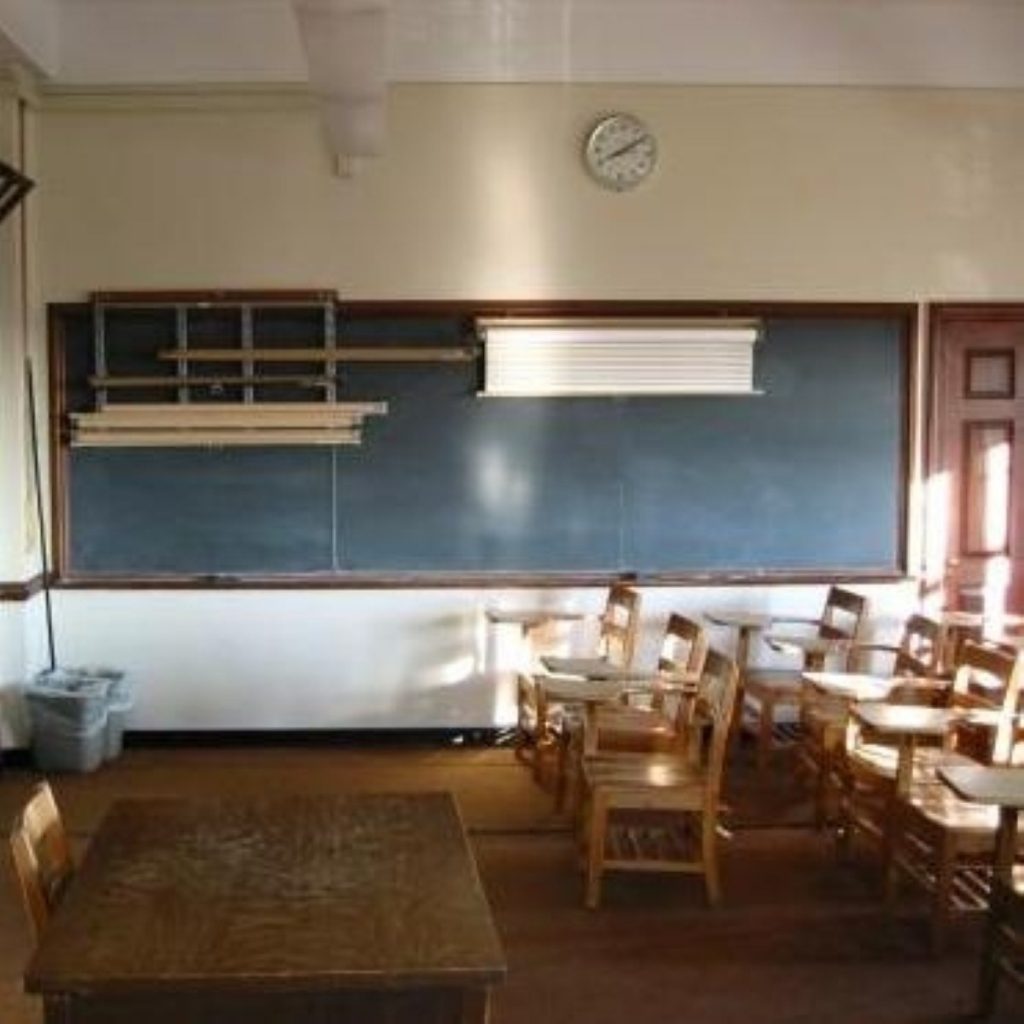Teachers’ union brands Tory educational plans “law of the jungle”
Conservative proposals to widen choice in education have been branded the “law of the jungle” by a leading teaching union.
The NASUWT, which represents 223,500 teachers has said the proposals are an “illusion” and would not deliver any real improvements in the education system.
Michael Howard today outlined plans to give parents a free choice over which school their child attends, and would allow parents to take a set sum of money with them to spend on a private education if they so wish.
Catchment areas would be scrapped, and schools would also have the freedom to set their own admissions policies.


Many central targets would also be abolished and appeals against expulsion would be scrapped.
Chris Keates, acting secretary of the NASUWT has said: “The main plank of the ‘right to choose package’ is completely unworkable.
“Freedom of choice is at best an illusion and at worst it amounts to the law of the jungle.
“Freeing schools to set policies on admissions and attendance and a virtual abolition of the role of local education authorities is simply a more extreme version of the failed grant maintained schools policy of the last Conservative government. The sense of deja vu is chilling.”
Disquiet about the proposals was also expressed by the head of the Secondary Heads Association.
Dr John Dunford, said: “Parents are being told that they have greater choice, but market-based policies inevitably mean that schools choose pupils; pupils do not choose schools. Parent choice is really parent preference.”
“The Conservative proposals on choice go too far. They will result in an even steeper hierarchy of schools than we have already, making life very difficult for the schools at the bottom of the pile and reducing the life chances of the children who attend them.”
It is not yet clear what would happen to those children that schools do not wish to take under the Conservative proposals.
Dr Dunford continued, saying: “Freedom for every school to set its own admissions policy opens the way to a selective system.”
He also spoke against the proposal to scrap exclusion appeals panels, warning that “Without the panels, more parents will inevitably have recourse to the courts, which will result in increased costs to schools of scarce time and resources.”

